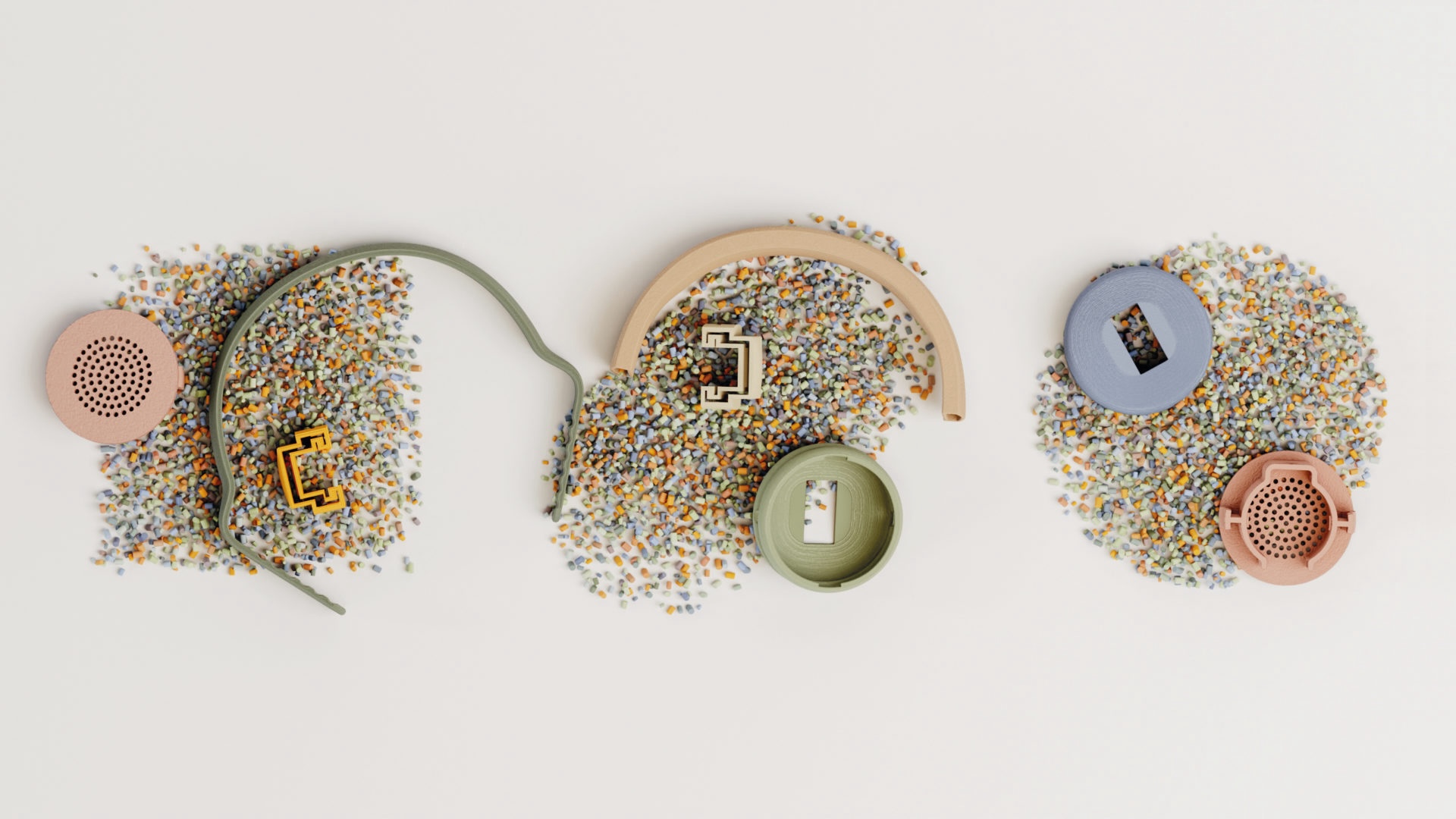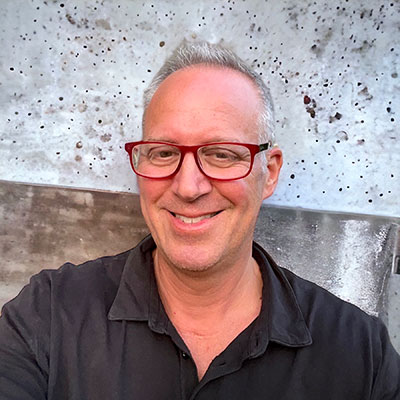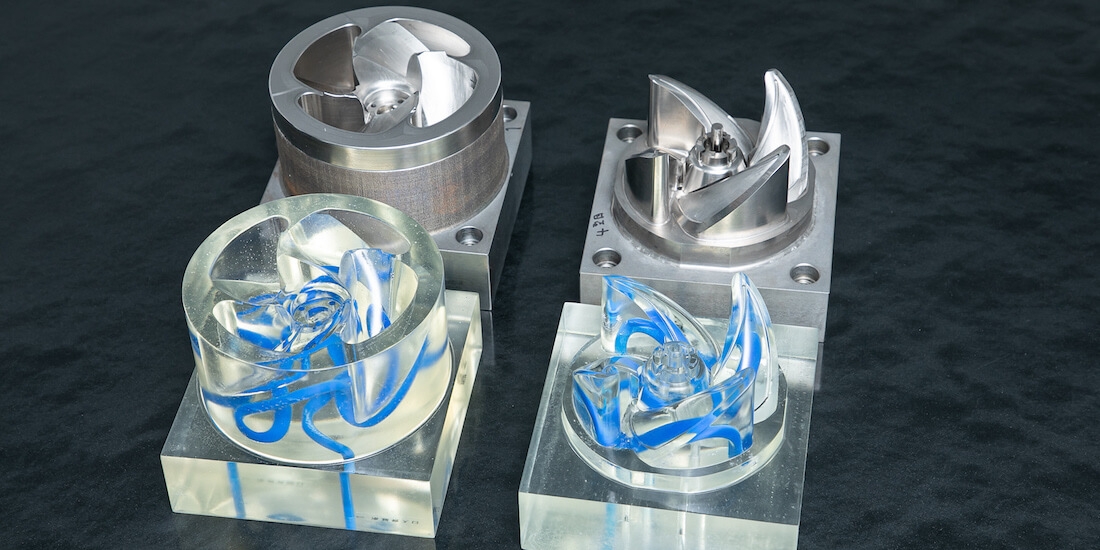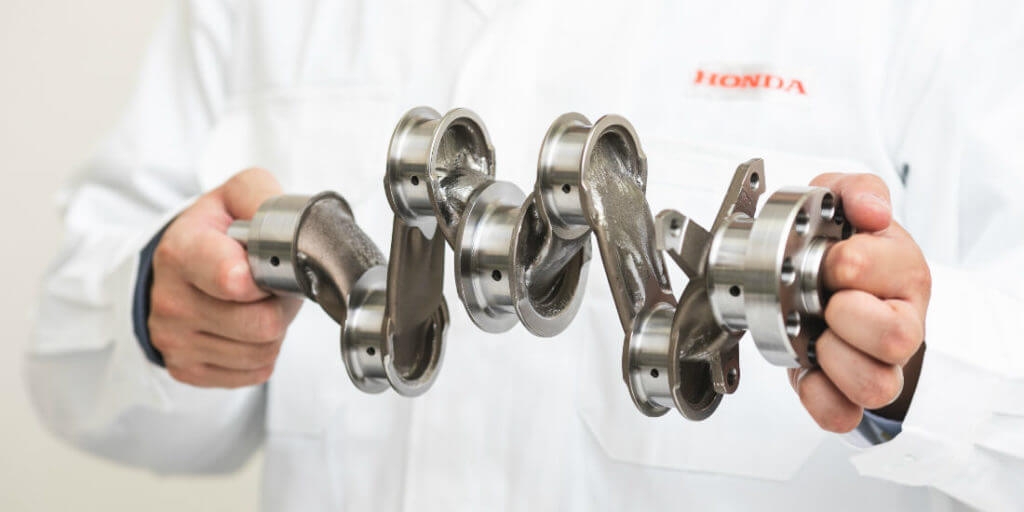A UK start-up’s recycled, 3D-printed headphones turn up the sustainability
See how Batch.Works uses digital design and 3D printing to create sustainable consumer products, including an innovative design for children’s headphones.

Mark De Wolf
January 19, 2024 • 5 min read
A global push is on to reduce e-waste and plastic pollution, and surging demand, complex global supply chains, and traditional manufacturing approaches make improvements difficult.
London start-up Batch.Works uses digital design and 3D printing to create sustainable consumer products, including an innovative design for children’s headphones.
Using circular economy principles, just-in-time management, and digital design tools increases efficiency and collaboration while reducing waste.
Can brilliant design save the world? Pollution and waste emanate from creative decisions in the manufacturing process. From houses to handheld computers, designers can set processes in motion that help preserve the planet—or tear it slowly to shreds. But increasingly, companies are reducing waste through thoughtful design and modern technology.
London-based sustainable manufacturing company Batch.Works is part of a growing movement to use circular economy principles to reduce product waste. The award-winning product development start-up uses 3D-printing tech and digital processes to make sustainable consumer products. Batch.Works is now applying its agile model to create increasingly sophisticated products, including a unique line of children’s headphones.

The sound of circularity
While the arrival of smartphones made consumer electronics an innovative and competitive product category, accelerating device upgrade cycles has also led to an explosion in e-waste. Over 50 million metric tons of computing equipment and related accessories are generated and discarded yearly, leading to a global average of around 15 pounds of e-waste per person.
“Everyone talks about circularity and net-zero, but even if you have products made from the most sustainable materials, shipping them around the globe keeps their carbon footprint really high,” says Batch.Works Founder and CEO Julien Vaissieres. “The question for us is, how do you use technology to stop that from happening?”
This drive to reduce carbon footprints is one reason behind Batch.Works creation of premium children’s headphones. The headphones are designed with circular economy principles to create a product lifecycle of sustainable production, extended use, and eventual reuse.
Called Kibu, the headphones were developed in partnership with East London design consultancy Moramma. The colorful headsets are made using replaceable and recyclable components that kids can assemble and customize to their tastes.
Most of each Kibu is made using a FFF (fused-filament fabrication) 3D-printing process. The core material is PLA (polylactic acid), a biodegradable plastic often used in medical devices. It is derived from recycled agricultural packaging and designed to dissolve in 6–12 months. A UN report found that agricultural food packaging accounted for 37.3 million tons of plastic waste globally in 2019. The material is collected in the Netherlands and turned into FFF-ready filament by Reflow, a company located close to Batch.Works’ Amsterdam production facility.
“When you consider how popular headphones are with young people, what’s available out there for kids is really poor,” Vaissieres says. “If a brand says they’re sustainable, it really means the packaging is sustainable, but not the product itself.”
The reality of growing bodies is another complicating factor. It’s common for parents to buy headphones for children only to see them scrapped after a few months because they no longer fit. Kibu’s modular design lets users expand or reshape the set to accommodate kids as they grow.
“For us, headphones became the perfect brief and allowed us to enter the consumer electronics market for the first time,” Vaissieres says.

Discarding old models
Batch.Works’ growing array of consumer electronics, home furnishings, and housewares are made by 3D printers using recycled plastic. The company is building its business model around its core, circular principles: on-demand manufacturing to minimize warehousing and transport; short supply chains that rely on local production; re-manufacture to recycle or refurbish its used products; and circular materials that are 100% recycled from traceable sources.
After graduating from Université libre de Bruxelles with a degree in Architecture in 2016, Vaissieres began experimenting with 3D-printing technology, purchasing a printing unit and working on a range of desk accessories. The designs caught the attention of Paperchase, the UK’s largest stationery retail chain. “They were interested in developing a new range of sustainable products and wanted to roll them out the next year. I had to figure out quickly how to produce and ship products to more than 160 shops.”
Vaissieres invested in more 3D printing machines and successfully launched the chain’s first collection of 3D-printed biodegradable paperclips, pen pots, and ballpoint pens. This success led to a contract with Britain’s National Health Service (NHS) during COVID-19 to produce 10,000 reusable visors made from recycled plastic for the Barts Health NHS Trust.
Batch.Works had to mature quickly as a business and adopt a flexible business structure—sometimes it’s a design firm, sometimes a manufacturer, sometimes both.

Collaborating in the cloud
Batch.Works designed the Kibu headphones using Autodesk Fusion. Vaissieres says it helped the company follow an iterative design process and collaborate more effectively with its design partners at Morrama. “With both of us using Fusion, we could evaluate new ideas quickly without having to create prototypes outside of the software. That is a key benefit of the platform and something we value a lot.”
Batch.Works is now working with Austrian furniture company Bene to deliver on-demand production for more than 3,000 product variations. It’s also branching into B2B markets, making camera equipment casings for medtech company Proximie, and 3D printed in-store display fixtures for a large UK retailer.
While sustainability is the company’s driving ethos, its business model also overlaps with established manufacturing approaches like just-in-time management, which aims to keep production and inventories to a minimum. Vaissieres says Batch.Works’ digital-circular approach offers other traditional business benefits, like faster time-to-market and reduced manufacturing costs from removing the necessity of factory retooling.
If manufacturing’s future depends on building circularity into its business model, firms like Batch.Works provide a test case for strengthening the link between profit and purpose.
About the author

Mark De Wolf
Mark de Wolf is a freelance journalist and award-winning copywriter specializing in technology stories. Born in Toronto. Made in London. Based in Zürich. Reach him at markdewolf.com.

